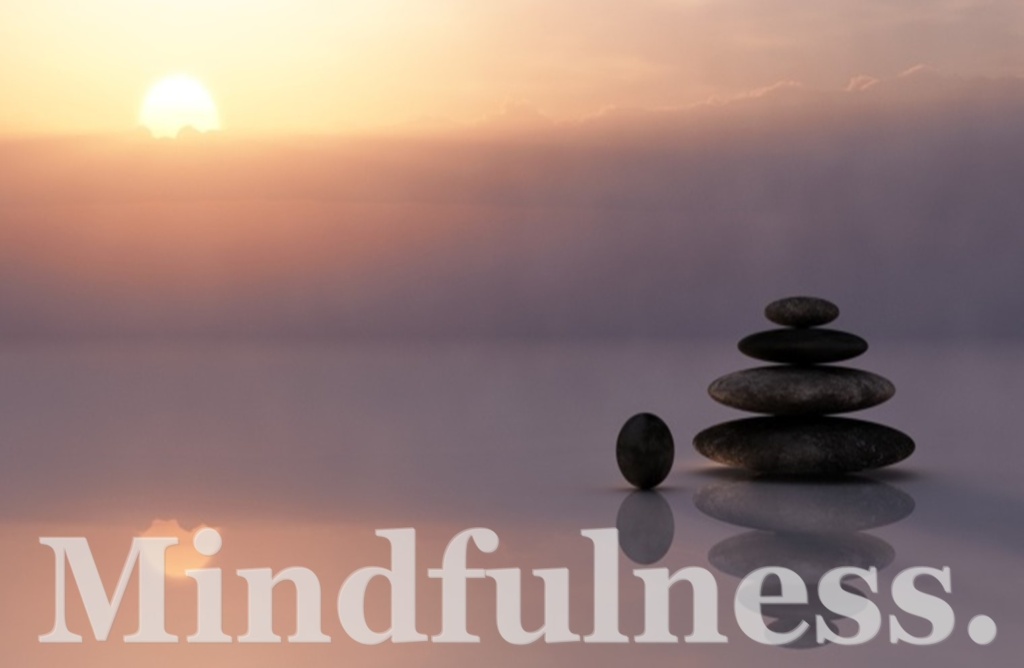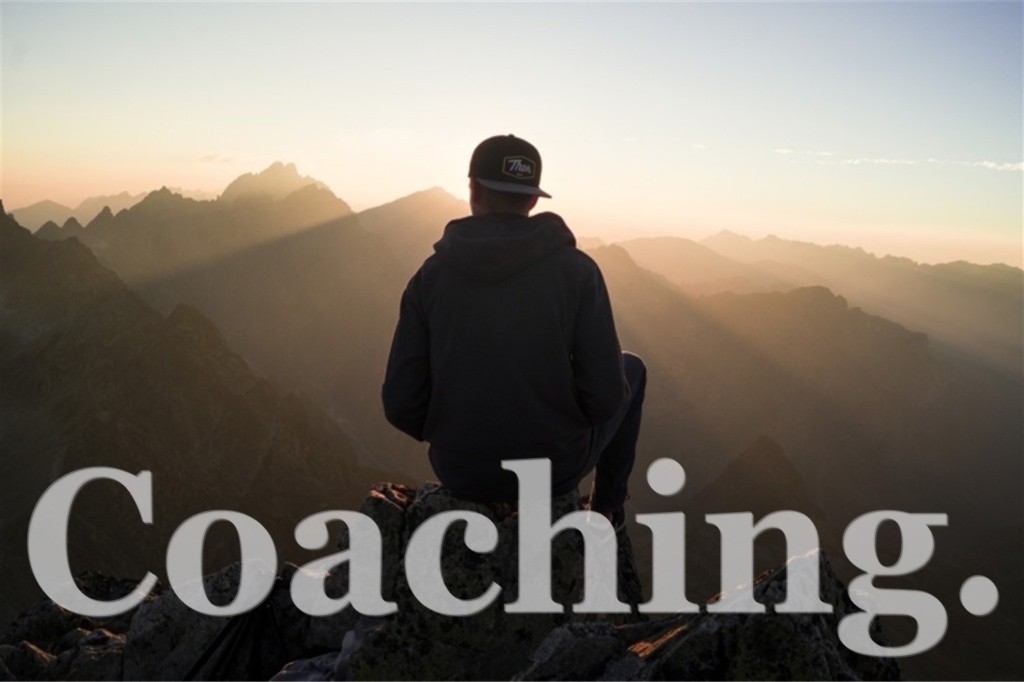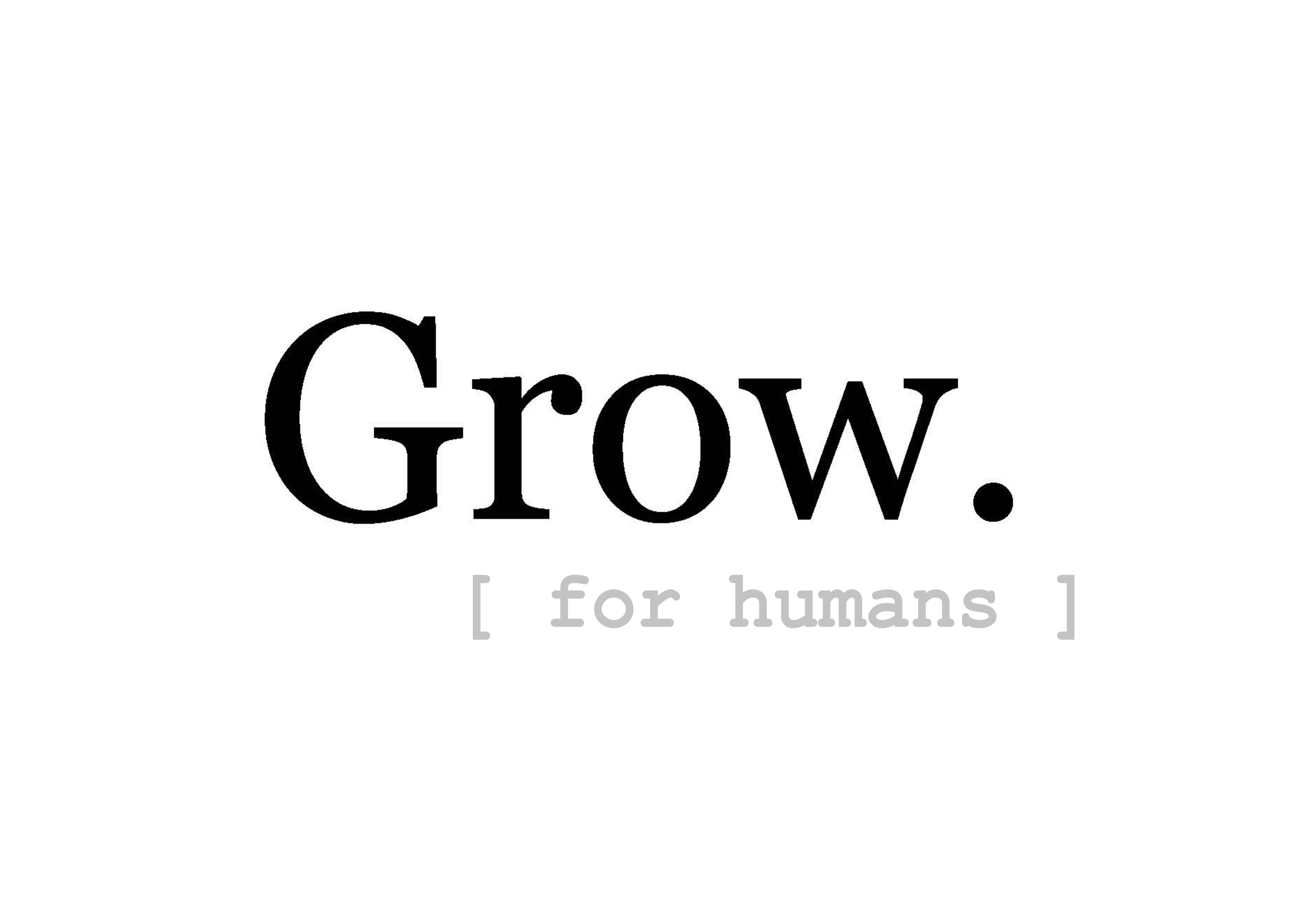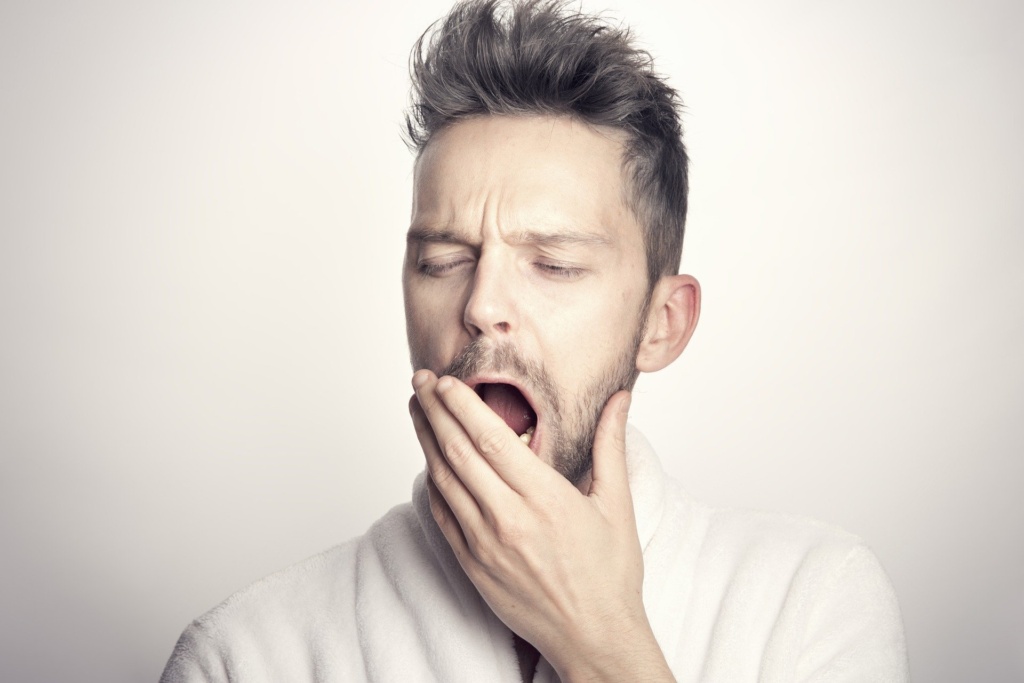
There are many reasons why we struggle to go to sleep, or sometimes wake up in the middle of the night and cannot go back to sleep. This article will hopefully show you why it happens and what you can do about it.
How to sleep tip #1: Monkey Mind

First off, it is REALLY important to understand that our minds need time to process what has happened to us throughout our day. Quite often in this crazy western world of ours, we get up, look at a screen, go to work, look at a screen, come home, look at a screen, have a glass of wine and then go to bed. We allow ourselves little to no space for our minds to process. As a consequence, the only time we return to ourselves is when we switch off the light. Then our busy mind begins. Oh my! How it chatters! So the solution my friends is to take time out every day and do nothing. Or at least very little. Meditate. Have a bath. Allow some space in. You will find you are able to fall asleep more easily if you mind has had time to breathe.
How to Sleep Tip #2: Blue Light
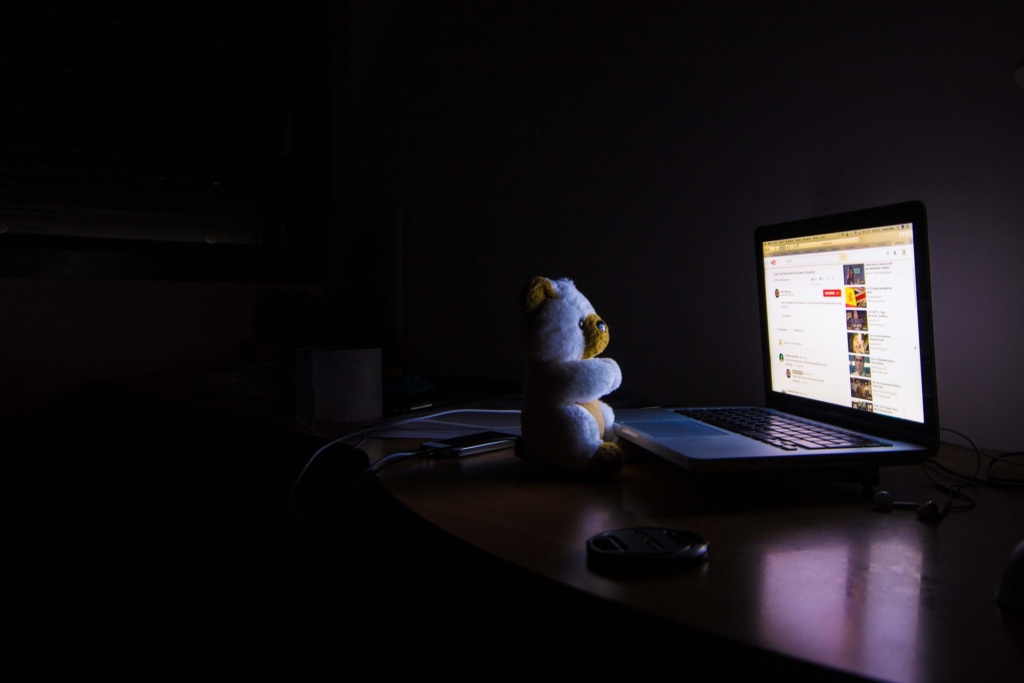
OK, so many people go to bed with their phone or tablet, wait until they feel tired, continue scrolling until their eyes start watering and then finally put the screen down. You’ve gotta understand something: if you look at a mobile or tablet, quite often they are emitting blue light, which is the light with the shortest wavelength and the highest energy. This effects our brains, tricking them into thinking that it is still daylight when its not. SO??! You may ask. Well. If your brain thinks it is daytime, it will not release all important melatonin, a hormone which tells our body it is time to sleep. So my suggestion to you is to put down the screen half an hour before bed. Turn the lights down low. Let your body know that it is wind down time. Then you are more likely to fall asleep and stay asleep.
How to Sleep Tip #3: Caffeine
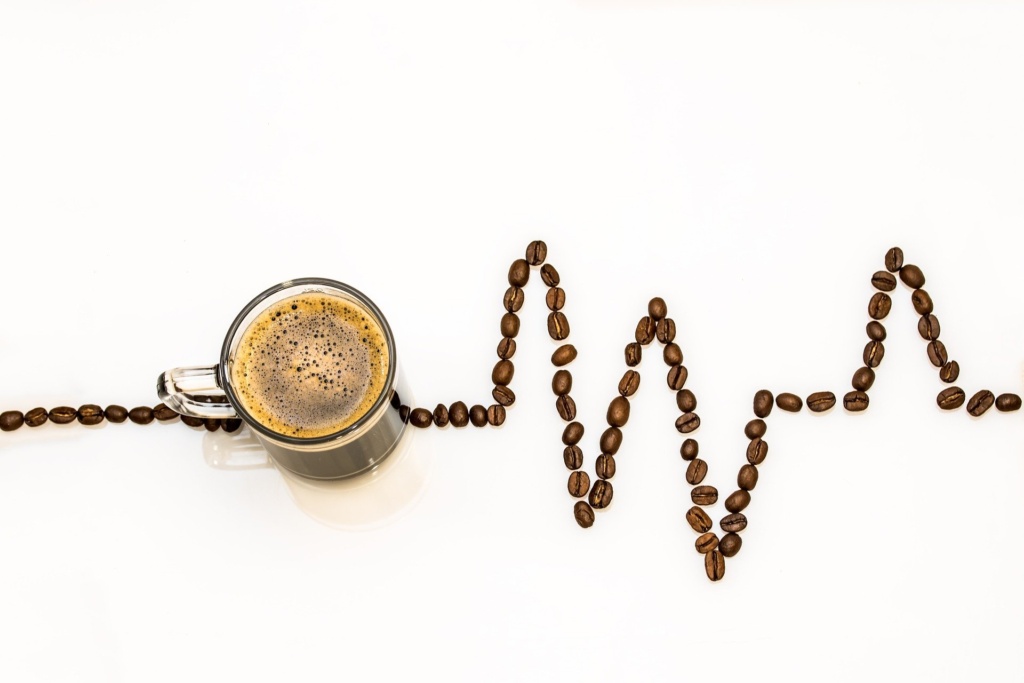
Alright, I know… for may of us, it’s how we get through the day, right? But most people know by now that caffeine keeps us awake. Have a couple of coffees if you want, but try not to consume anything with caffeine after 4pm in the afternoon. That includes black tea, green tea, cola, energy drinks, and, I am sorry to say, some chocolate. Try herbal teas, there is quite an array out there nowadays. Chamomile tea does seem to work according to the research, and whilst we are talking herbs, try lavender as well: well, I wouldn’t drink it, but perhaps as an essential oil, or in a candle.
How to Sleep Tip #4: Eating habits

Don’t eat late. It upsets your digestive system, which needs a rest just like the brain does. In fact recent research points to the gut being as much the mind as the brain. If you eat late, your gut is still churning away when you get into bed and you are less likely to fall asleep as a result. Sugar in particular has been shown to have a really negative effect on how deeply we are able to sleep. A 2016 study showed that people who consume a lot of sugar during the day tend to be more restless at night. So no midnight feasts. OK? OK.
How to Sleep Tip #5: Routine

You may well wonder why there is a picture of a woodchuck here. Also known as a ‘Groundhog’? Any ideas? For those of you old enough, you may remember a rather good 1993 movie called ‘Groundhog Day’ starring the rather wonderful Bill Murray. In that movie, he had to repeat the same day again and again… and got rather bored. Now I know it is nice to have a lie in at the weekend, but sleep routine is really important. Try and get into the habit of getting up and going to bed at the same time every night, no matter whether it is a weekday or the weekend. Your body will then get used to going to sleep and waking up at the same time and is more likely to go to sleep as a consequence when you get into bed. I know this might sound a bit tough, but just ask yourself: how bad do you want to go to sleep? 😉
Hope the bed bugs don’t bite!

Hope the above tips help you out a bit.
If you want to find out more about how mindfulness can help with sleep, join one of our courses
Alternatively, if you would like some ‘one to one’ assistance, either in person or online, you could get in touch about coaching or counselling.
Sweet Dreams!

